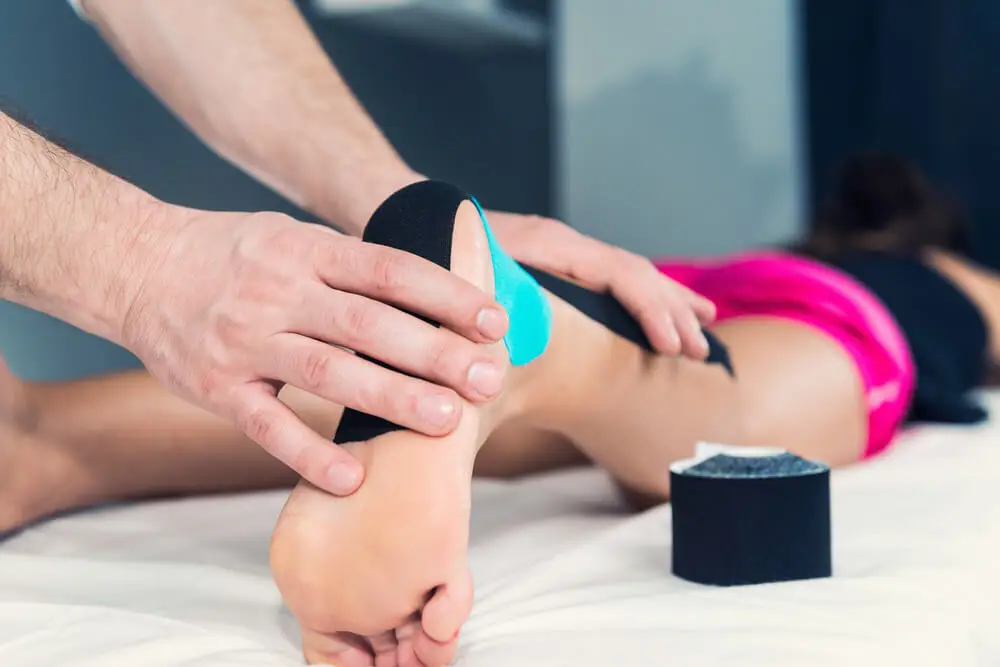It can be scary to be told that you need to have surgery to treat an injury or condition. Surgery is risky, and it can take you a long time to recover from it. Don’t be discouraged though if you’ve recently been told by your doctor that you need to have surgery. You can opt for pre-surgical rehab to help you prepare and have a better recovery.
Pre-surgical rehab is a service offered at Advent Physical Therapy in Byron Center, Michigan. This service makes use of physical therapy techniques to help you recover faster from surgery and reduce your pain during recovery. Pre-surgical therapies are customized to the needs of the individual, but many will make use of:
- Hands-on therapy
- Massage
- Stretches and exercises
- Hot and cold therapy
- Ultrasound and more
Why you need pre-surgical rehab
Pre-surgical rehab can help improve your recovery experience by:
- Reducing your pain — Many pre-surgical rehab treatments include exercises and stretches to help the muscles and ligaments become stronger and more flexible. Strong and flexible muscles help improve your body’s ability to support itself to reduce pressure from the sensitive areas recovering from surgery. Plus, exercise increases blood flow, which delivers oxygen and nutrients to your recovering areas to promote faster healing and help manage pain.
- Restoring your independence — Most people are weaker and less coordinated while recovering from surgery. Physical therapists can identify the tasks that will be more difficult while recovering and help you develop a pre-surgical rehab treatment plan to overcome these challenges, so you don’t have to depend as much on others for certain tasks like getting dressed.
- Improving your recovery rate — Research shows that patients who have pre-surgical rehab tend to have shorter hospital stays than those who do not.
Talk to your doctor or a physical therapist at Advent Physical Therapy about pre-surgical rehab and what it can do for you. Make sure you ask about post-surgical rehab too.
Schedule pre-surgical rehabilitation at Advent Physical Therapy in Byron Center, Michigan
Whether your surgery is near or far off, you can benefit from pre-surgical rehab. Please contact us today if you are ready to schedule an appointment and begin your journey toward a better recovery.
Our Byron Center location:
2373 64th St.
Suite 2100
Byron Center, Michigan 49315
Monday, Tuesday, Thursday: 7 a.m. to 7 p.m.
Wednesday: 7 a.m. to 5:30 p.m.
Advent Physical Therapy serves patients from multiple clinics across west Michigan. Please visit our locations page if you would like to find another clinic more convenient for you.

